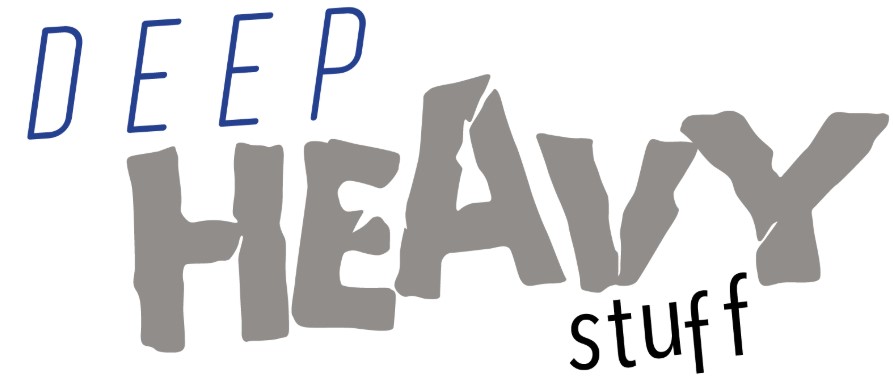They are seemingly everywhere. The woman with the pronounced limp. The man moving slowly, leaning on his cane. The person arduously straining, climbing one step at a time. And it’s just not the elderly. The people having difficulty walking come in all ages. Call them the mobility-challenged individuals.
But you don’t notice them. They are invisible to you. They
blend into the background. However, you are highly aware of them when they
impede your progress. When they slow you down. It can be highly frustrating if
you are behind the person climbing the stairs or approaching a single-door
entrance or exit.
And that was my view of the mobility-challenged until last
year when I suffered a physical malady which caused my right ankle to swell enormously.
I was house-ridden for a couple of weeks, and the pain was so intense it was
difficult to even move around the house.
Eventually, I was able to drive my car and venture out with
the help of my cane. And that’s when I became aware of every
mobility-challenged person I witnessed. My pain had made me sensitive to a
group of people who were always there, but I never saw. Instinctively, I would
ask myself:
What ailment is causing her problem?
Is he in great pain?
Will she get any better – or worse?
Is this a permanent or temporary condition?
(Especially if the person is young)
My pain had made me highly sensitive to the struggles, discomfort,
and pain of others. Now it wasn’t “those” people. It was us, because I was one
of those people. I had been given a large dose of what we call empathy.
Websters defines empathy as “The action of
understanding, being aware of, being sensitive to, and vicariously experiencing
the feelings, thoughts, and experience of another.”
And empathy is what is needed most right now in our chaotic
environment. The action of being able to
understand the feelings, thoughts, and experiences of others. Of others much
different than us. Of others who think much differently than us. Of others who
look much different than us. Of others whose possessions are much different
than us.
There are forces who are trying to divide us politically,
racially, by economic class, etc. It’s all division, and it’s all harmful. But
empathy, by definition, unites us. It creates a shared understanding. I am
willing to make an effort to understand you. You are making an effort to
understand me. It is at this point when the yelling, name-calling, arguing, and
rioting stops. It is where the essential discussion begins. We will not be able
to solve any of these serious problems without empathy.
And the empathy must be shared by all. If you expect me to empathize
with you, you must be willing to extend the same empathy to me. This means we
may fundamentally disagree on many issues but understand each other’s feelings,
thoughts, and experiences. This is not a one-way street but a circular
discussion that creates unity.
Being empathetic takes effort. My ankle is now completely
healed, although my condition could return unexpectedly at any time. I am now patient
when inconvenienced with the mobility-challenged, however, I am not as
empathetic because my pain is gone. The BOOK tells us to “Rejoice with those
who rejoice, weep with those who weep.” The rejoicing part is fun and easy. The
weeping is much more difficult.
Empathy means I will not judge. I will not shout. I will
not become angry or bitter. I will seek to understand. I will seek solutions to
the problems. I will seek peace.

